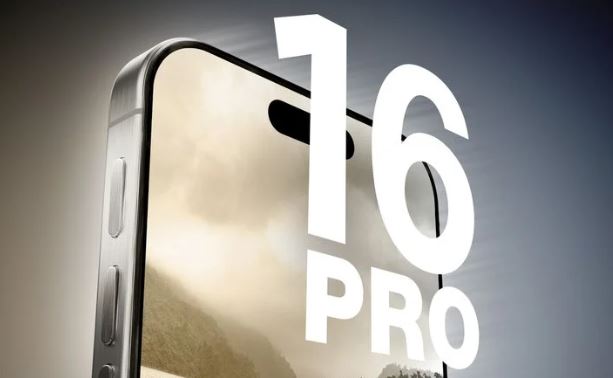In the ever-evolving landscape of college athletics, a major shift occurred in 2024 with the introduction of Name, Image, and Likeness (NIL) rights for student-athletes. This rule change granted players the ability to profit from their own name, image, and likeness, opening up a new world of opportunities. While this change was met with excitement and optimism, it has also led to an unforeseen consequence in the form of a glaring lack of depth in the 2024 NFL. How exactly has NIL impacted the talent pool in professional football? Let's explore this issue further.
The Rise of NIL and Its Impact
With NIL rights, college athletes, including those in football, now can monetize their personal brand while still playing at the collegiate level. This has resulted in many athletes opting to stay in college longer to take advantage of the revenue streams available to them. By doing so, these players are delaying their entry into the NFL draft, causing a significant decrease in the overall talent pool available to professional teams.
The Drain on NFL Talent
Traditionally, the NFL relied heavily on college players entering the draft after three or four years of eligibility. This system ensured a constant flow of talent into the league, allowing teams to replenish their rosters each year. However, with the introduction of NIL, the number of players choosing to stay in college beyond their junior or senior year has increased substantially.
The Impact on Depth
The lack of available talent from the college ranks has resulted in a noticeable deficiency in depth across NFL rosters. With fewer players entering the draft each year, teams are left with fewer options when it comes to bolstering their rosters. This lack of depth becomes even more apparent when injuries occur or starters need to be replaced. The result is that teams are forced to rely on lesser-skilled players, leading to a decrease in overall performance on the field.
The Silver Lining
While the lack of depth in the 2024 NFL may be a concern, there is a silver lining to the NIL rule change. With players choosing to stay in college longer, they can further develop their skills and gain valuable experience before making the leap to the professional level. This means that when these athletes do enter the NFL, they are often more prepared and ready to contribute right away. Additionally, the extended time in college allows players to mature both on and off the field, becoming better equipped to handle the demands of professional football.
Addressing the Issue
Recognizing the potential impact of the lack of depth in the NFL, teams and the league as a whole are being forced to adapt. One solution is to invest more heavily in scouting and player development programs. By identifying talent early and providing the necessary resources to nurture that talent, teams can mitigate the effects of the lack of depth and ensure a competitive product on the field.
Another approach is to explore alternative talent pools. With the rise of international football and the globalization of the sport, expanding scouting efforts to include players from other countries could help offset the decrease in talent from the college ranks. Additionally, expanding opportunities for undrafted free agents and talent from other professional leagues can provide a much-needed injection of skill and depth to NFL rosters.
Conclusion
While the introduction of NIL rights for college athletes has had many positive effects, it has also led to a glaring lack of depth in the 2024 NFL. However, there is hope for a brighter future as teams adapt to this new reality. By investing in scouting, player development, and exploring alternative talent pools, the league can overcome this challenge and continue to deliver thrilling football to fans around the world.






